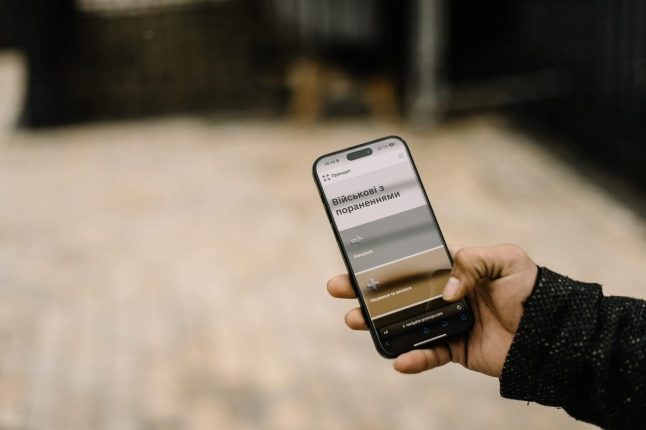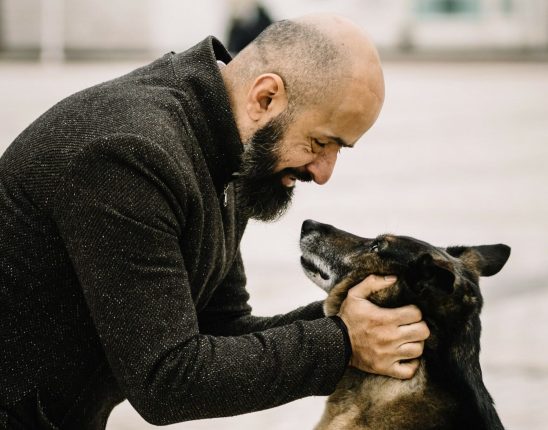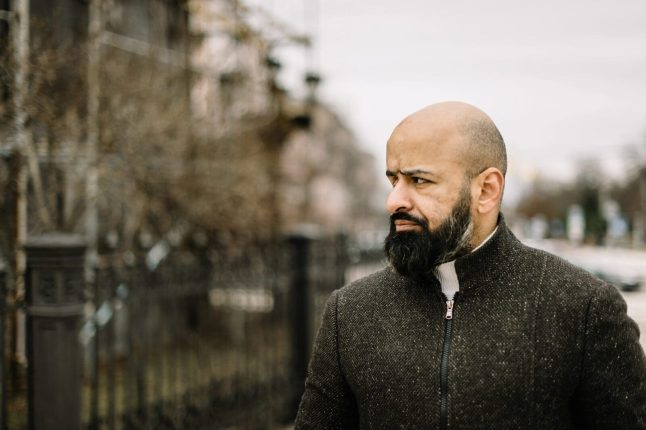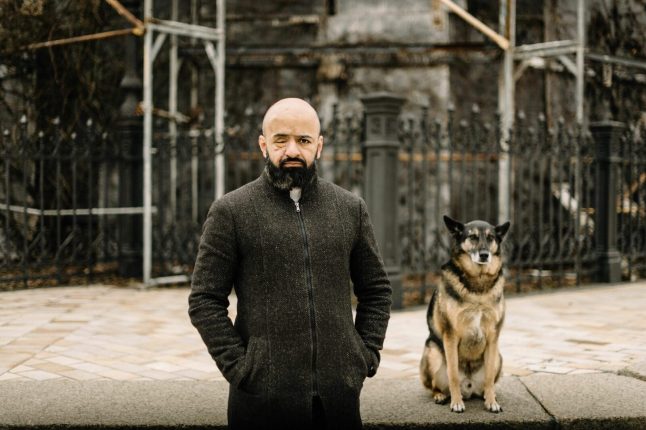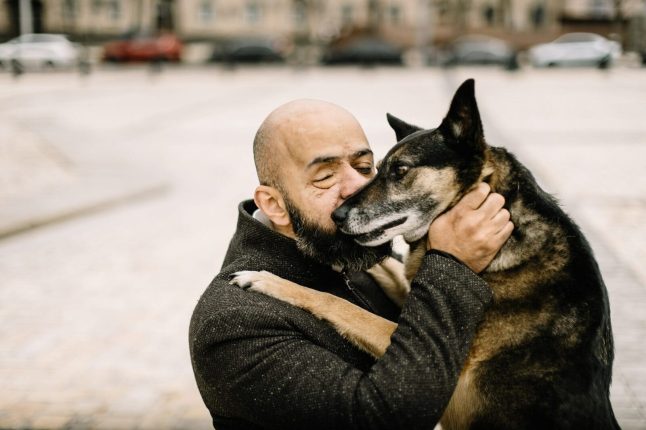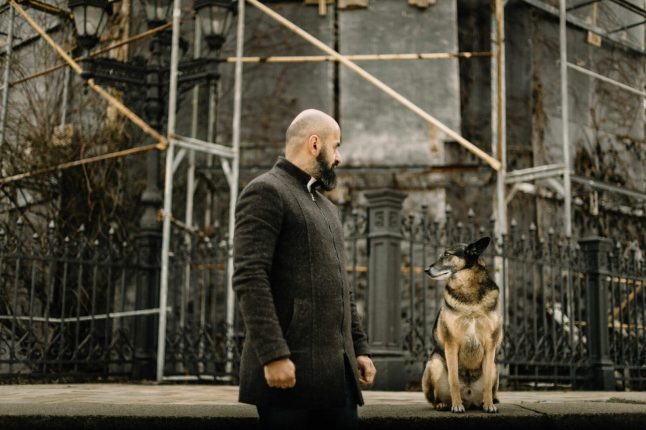
What can be done right now? Ukrainians unite to help servicemen and veterans
23/02/2024
The human rights centre “Pryncyp” has joined the efforts and experience of Ukrainian serviceman and lawyer Masi Nayyem and human rights activist and volunteer Liubov Halan to help military personnel, veterans, and their families. Approaching the second anniversary of the full-scale Russian war against Ukraine, this is the story of organisations and activists who not only help to overcome daily challenges, but also engage in advocacy.
“When I returned after being wounded, I lacked the necessary information”
“One of the problems I faced when I returned after being wounded was the lack of information on how to act,” explains Masi Nayyem, who suffered severe injuries when his car was blown up by a mine in 2022. As a mobilised soldier, he had served in the Armed Forces of Ukraine in 2015-2016, and after the invasion on February 24, 2022, he returned to the front. Based on his own experience, he understands the current problems of the military and was the first to come up with the idea of “Pryncyp”. According to him, the system that servicemen encounter is very complex and unclear.
The organisation’s first project was the “Legal Navigator”, a tool which helps servicemen to find their way through various situations – from injuries to problems in service and drafting reports.
“It all started with the decision to relieve the helplessness of wounded soldiers and their families. It turned out that after being injured, a soldier not only has to take care of his own recovery but also organise the process of collecting a stack of certificates and other documents, while also maintaining communication with the unit and planning in advance how to receive quality rehabilitation. Of course, many of these tasks were taken over by the family, which also became the audience for our self-help instrument. In less than a year, we have recorded over 140,000 users of our navigator, and in less than two months, we have more than 5,000 users of the chatbot,” said Liubov Halan.
The human rights activist adds that these services apply not only to soldiers with injuries, but to military personnel in general. Advice has also been developed concerning prisoners of war and soldiers missing in action.
“Lawyers are constantly working on this manual, updating it according to changes in legislation, which are constantly taking place,” she said.
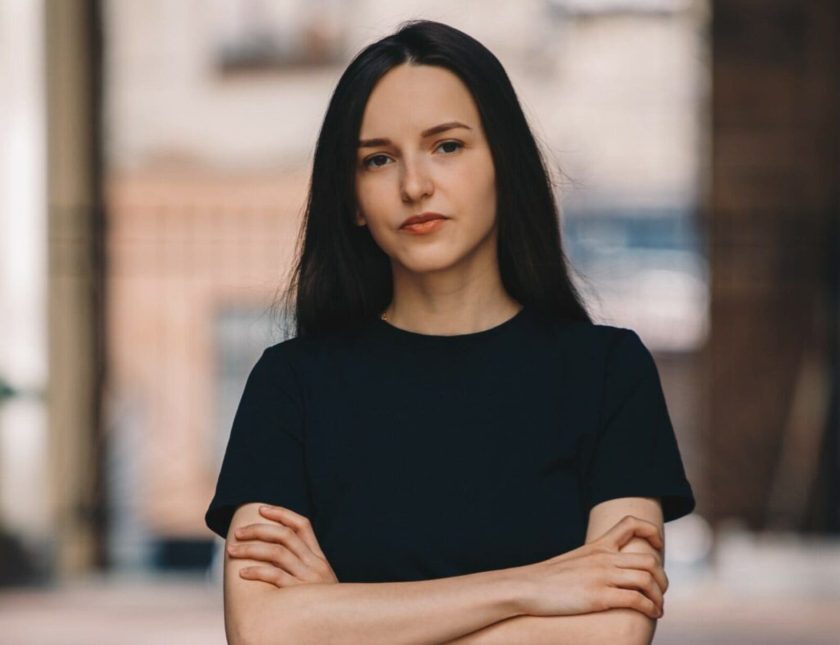
Masi Nayyem adds that with around 1.5 million Ukrainians currently involved in the defence forces, more such initiatives are needed, while the “Legal Navigator” needs additional funding to help it to deliver its advice more effectively and to more people.
“Demobilised Ukrainians should be given clarity in life”
Activists are concerned about how those who have returned from the war will rebuild their social lives or careers. This applies to many aspects of integration – from health care to employment.
“When a soldier is demobilised for the first time, he becomes part of the operational reserve, as happened with me. Then a soldier can be mobilised for a second time – as it happened after the invasion in 2022 with those who started in 2014. After such incidents, a soldier may wonder: Will I be mobilised again and again in the future? If ‘yes’, how will this affect my plans? People should be given clarity in this life,” believes Masi Nayyem.
Last year, the “Pryncyp” human rights centre completed a research project, “From Injury to Return: Ethnographic Study of the Path of Veterans and their Families”, which became the first study in Ukraine using mobile ethnography (a method where the user shares their experience in real-time through messengers). The organisation created a platform where veterans and their families could voice the problems they face – from treatment and rehabilitation to obtaining statuses and benefits.
“We must do everything to ensure that their service, their contribution to the defence capability of the state, is properly and respectfully appreciated. At the very least, we can ensure a dignified civilian life for the warrior and his family,” Liubov Halan stated.
It is this kind of comprehensive advocacy that helps “Pryncyp” to plan assistance and convey it to the state level more effectively.
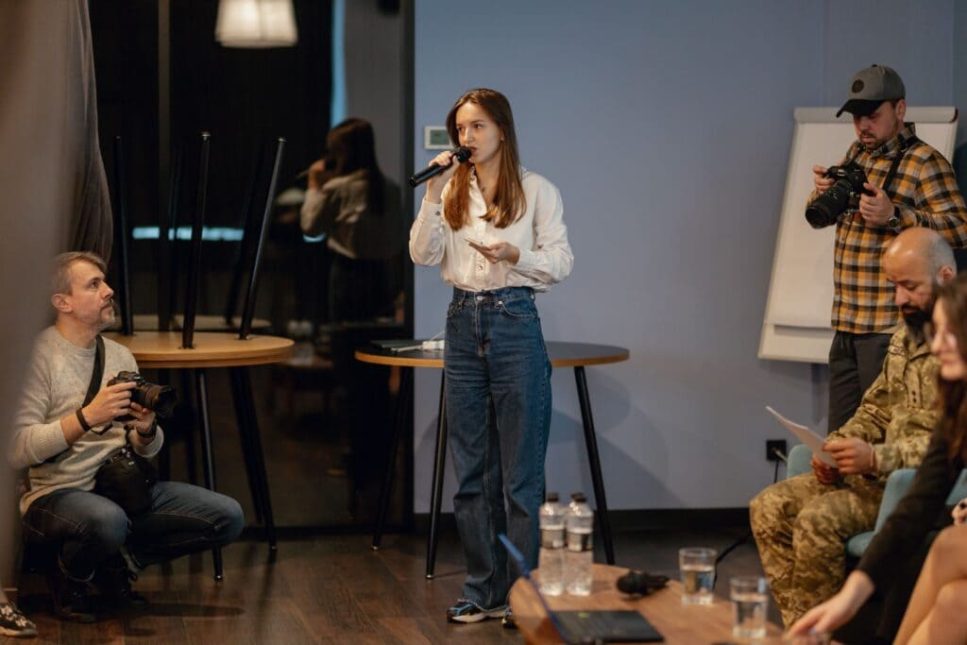
“What can be done now while the guys and girls are at war is to find out about their needs,” says Masi Nayyem.
Due to Russia’s invasion on February 24, 2022, defenders from among demobilised veterans and those who had no military service experience prior to the full-scale invasion joined the Defense Forces. According to the findings of the “Needs of Veterans 2023” study, the number of future veterans will increase several times, and the social structure of the future veteran community will change radically.
“Pryncyp” and other NGOs interact with state institutions for the implementation of the Policy Concept for veterans and their families. These are more than 100 pages dedicated to integration in every area from health care to employment. It specifically discusses various stages of integration – from rehabilitation on the basis of modern medical centres to the creation of conditions for economic activity.
The EU is also currently launching a competition to support veterans’ organisations in Ukraine. The terms of grant support are available here.
“The servicemen should feel needed”
“It is necessary to understand that a veteran is a person who has had combat experience and has a different path back home, different problems. Such a person loses a certain competitiveness in the job market. Already at the beginning of this path, when a person leaves the armed services, they should be provided with information about what is happening with their mental state. When a soldier experiences stress, fear, when a comrade dies in front of them – it changes a person a lot,” says Masi Nayyem, sharing his experience of communicating with soldiers and his own assessment of the situation.
He feels that attention should also be paid to the relevant Hromadas (a type of amalgamation of villages and towns formed in Ukraine during decentralisation reforms), as most soldiers are from rural areas.
“When they return home, miracles won’t happen. It’s crucial to prepare communities to provide psychological assistance and rehabilitation at different levels,” he adds.
According to the founders, overcoming all these challenges also requires external assistance, as it is a guarantee of stability and sustainability.
Indeed, it was EU funding that allowed “Pryncyp” to start work, hire staff, and dive into institutional development, advocacy, education, and analytics, through a grant from the European Endowment for Democracy.
“As for our organisation, and not only ours, we are grateful for the support already received from international organisations and donors. This allows us to strengthen the state from the side of civil society, to engage in human rights protection. However, regarding expectations, I must point out that donors and international organisations are still reluctant to finance projects related to combatants. We expect support from the world for those people who defend our state and the global democratic order. This is not just a matter of weapons on the battlefield, but also a matter of access to healthcare and protection of rights in general,” Liubov Halan noted.
As for Ukraine’s main task in relations with future veterans, Masi Nayyem highlights the need to give veterans the opportunity to earn money independently.
“In response, veterans help the state relieve itself of the burden of constantly supporting a person. And on the other hand, it will help psychologically, because the soldier will feel needed,” he believes.
Author: Olga Konsevych
Stories
-
Katarina Mathernova: If Ukraine had a human face and a human spirit, it would be 10-year-old Roman Oleksiv
-
A regional mission to drive social entrepreneurship: the story of Ksenia Kosukha
-
EU restores safe water supply for 100,000 Ukrainians affected by war
-
Promoting IT during the war: Lviv IT cluster and how EU4Digital helps
-
Frontline digitalisation: Kharkiv IT Cluster collaborations
-
How EU4Youth is driving opportunity and success among young Ukrainians
